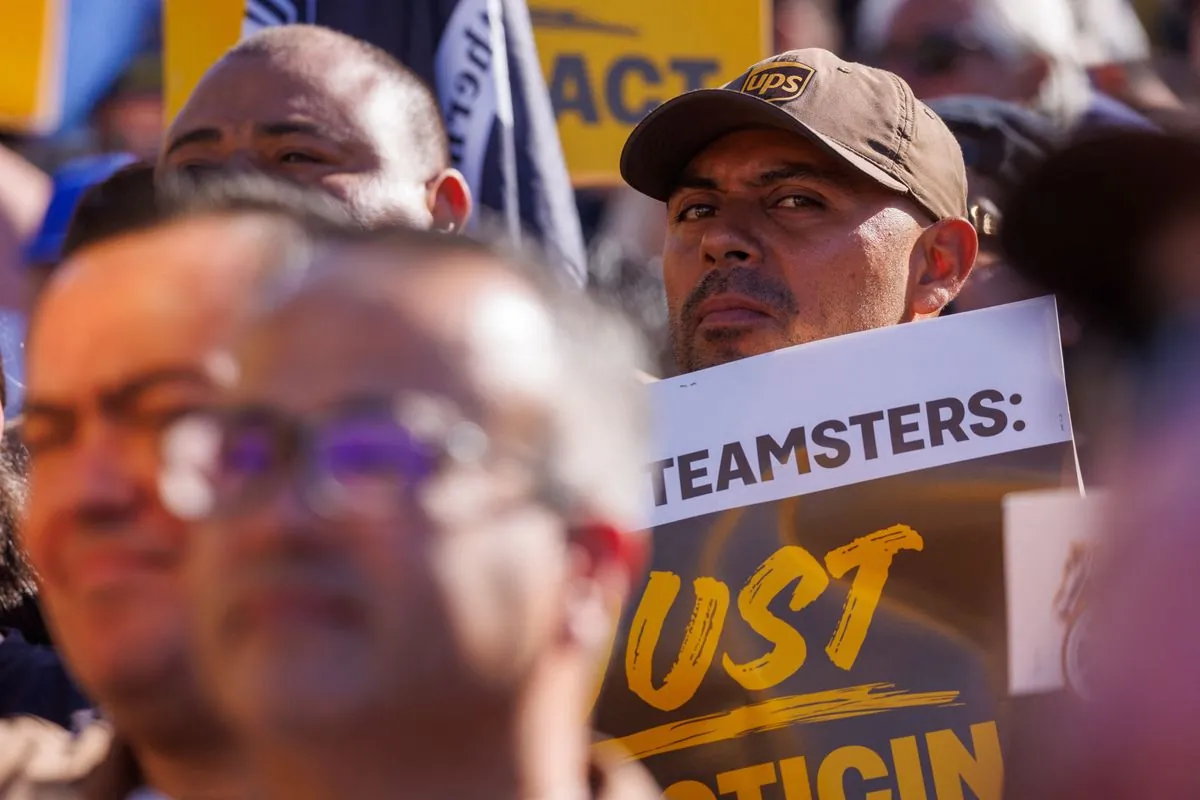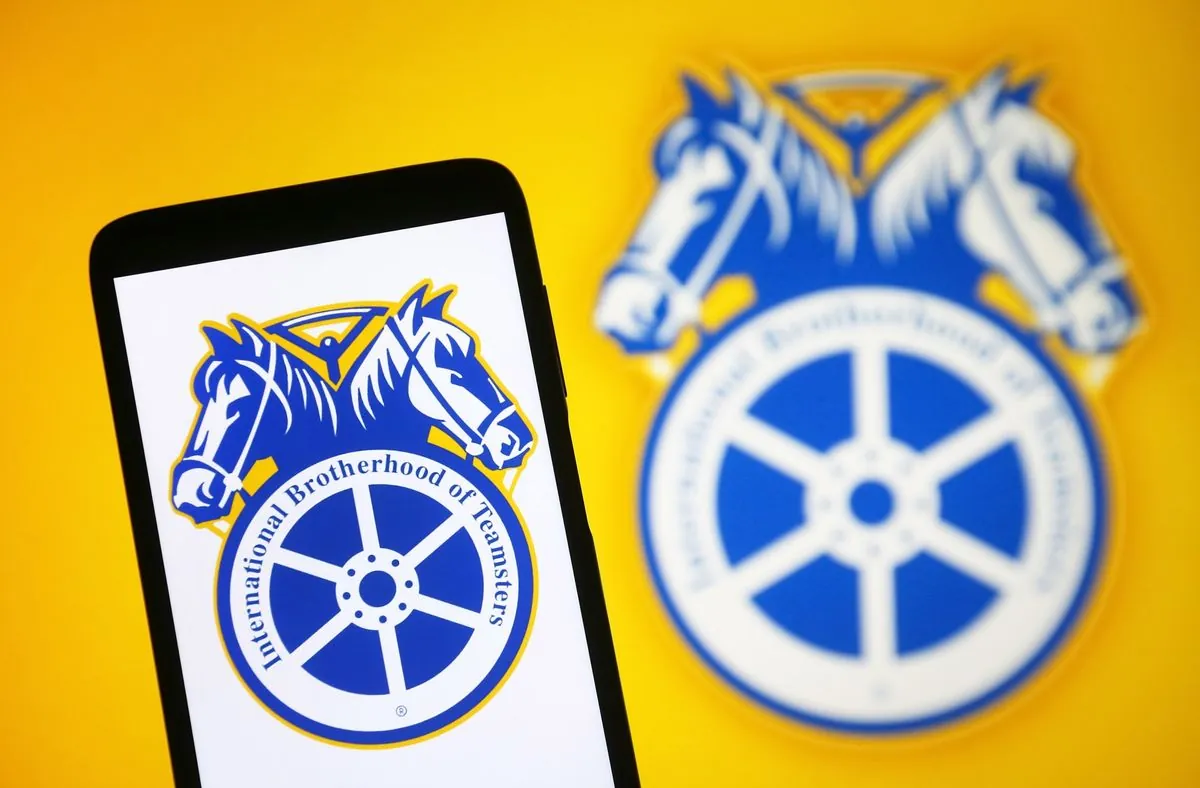Teamsters Break Tradition: No Presidential Endorsement in 2024 Race
The Teamsters union, breaking a nearly 30-year tradition, will not endorse a presidential candidate in 2024. This decision reflects internal divisions and could impact the election outcome in key battleground states.

The International Brotherhood of Teamsters, one of America's largest labor unions, has made a significant departure from its long-standing tradition. For the first time in almost three decades, the union will not endorse a candidate in the upcoming presidential election. This decision, confirmed by the union's leadership, marks a notable shift in the political landscape and could have far-reaching implications for both major parties.
Sean O'Brien, president of the Teamsters, explained the rationale behind this move:
"Unfortunately, neither major candidate was able to make serious commitments to our union to ensure the interests of working people are always put before Big Business."
O'Brien further elaborated that the union sought pledges from both Donald Trump and Kamala Harris regarding non-interference in critical union campaigns and respecting members' right to strike. However, these commitments were not secured.
This decision comes at a time when the Teamsters, with its 1.3 million members, has been making unexpected political moves. In July 2024, O'Brien addressed the Republican National Convention, becoming the first labor leader to do so in recent history. This action sent shockwaves through Democratic circles and highlighted the union's efforts to engage with both major parties.
The non-endorsement reflects a significant divide within the Teamsters membership. Internal polls conducted by the union revealed a strong preference for Trump among rank-and-file members, with 59.6% supporting a Trump endorsement compared to 34% for Harris. However, several powerful Teamsters local chapters have broken ranks and urged their members to support Harris.

This decision could have a substantial impact on the upcoming election. The Teamsters have a strong presence in battleground states, and their endorsement, coupled with member mobilization efforts, could potentially sway the outcome in these crucial areas. Steve Rosenthal, a Democratic political strategist with extensive experience in the labor movement, emphasized the potential significance of this decision in a close race.
It's worth noting that the Teamsters have a rich history of political involvement. Founded in 1903, the union has played a significant role in shaping American labor policies and has been involved in numerous high-profile labor disputes. The union's political leanings have evolved over time, with endorsements shifting between parties in past decades.
The Biden-Harris administration has been widely regarded as one of the most pro-union in modern U.S. history, enacting several pro-labor policies and securing a major pension bailout that benefited hundreds of thousands of Teamsters members. On the other hand, Trump has positioned himself as "pro-worker," although his administration's labor policies were often criticized by union leaders.
As the 2024 election approaches, the Teamsters' decision not to endorse highlights the complex political landscape and the diverse views within America's labor movement. This move may prompt both major parties to redouble their efforts to appeal to working-class voters and address the concerns of organized labor.


































